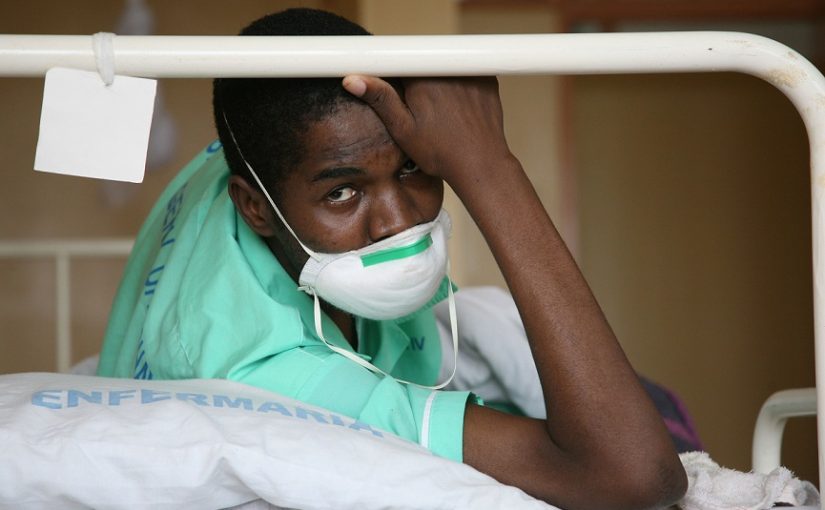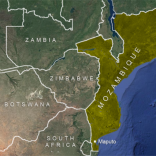Mozambique: MSF suspends activities in Mocímboa da Praia as violence surges
Mozambique: Number of new HIV/AIDS infections still worrying

File photo: Lusa
Despite remarkable progress made in response to HIV/AIDS epidemic in Mozambique, the number of new infections remains stubbornly high with about new cases 94,000 annually.
This number is far from the target of less than 50,000 new infections per year by 2025.
Furthermore, about 76 adolescent girls and young women 15-24 are being infected daily and another 12 children per 100 are born HIV positive, after being infected by their mothers.
″A heightened focus on HIV prevention is a priority for our country to achieve prevention coverage target of 95 per cent and the target of less than 50,000 new infections by 2025″, said Health Minister, Armindo Tiago.
The minister was speaking this Monday in Maputo, at the opening ceremony of the IV Meeting of the Consultative Council of the National AIDS Council, a two-day event under the theme “Ending inequalities driving HIV epidemic and prioritize prevention”.
He pointed out socio-cultural factors such as low level of girl’s education and gender-based violence, in particular intimate partner violence, stigma and discrimination, among others as the main factors compromising the achievement of national targets to cut down HIV infection rates.
″HIV infection irreversibly shapes the lives of tens of thousands of adolescent girls and young women, so national HIV reduction targets will not be achieved without prioritizing adolescent girls and young women″, he said.
Recent data show that 30 per cent of all new HIV infections in the country are from adolescent girls and young women aged 15 to 24 years.
Therefore, the minister assured that the health sector will continue to prioritise prevention for key and priority populations as well as address social and structural factors that increase vulnerability to HIV infection among key and vulnerable populations.
Addressing social and structural factors is only possible through a robust multi-sectoral response and active involvement of all stakeholders of Mozambican society, warns Tiago.
He announced that mortality from HIV has been reduced to 35,000 deaths per year occur in the country, down from 56,000 deaths per year in 2018.
This progress is due to an expansion of care and treatment and with the introduction of Test and Treat to all diagnosed cases, as well as the management of advanced cases of HIV.
For his part, the CNCS Executive Secretary, Francisco Mbofana stressed the need for a continuous response to HIV/AIDS even in emergency situations with a view to reducing new infections by this disease as well as ensure provision of adequate treatment.
The issue of response to HIV in emergency situations is embodied in our Strategic Plan to ensure that even in emergency situations we continue to provide services for both prevention and treatment.













Leave a Reply
Be the First to Comment!
You must be logged in to post a comment.
You must be logged in to post a comment.